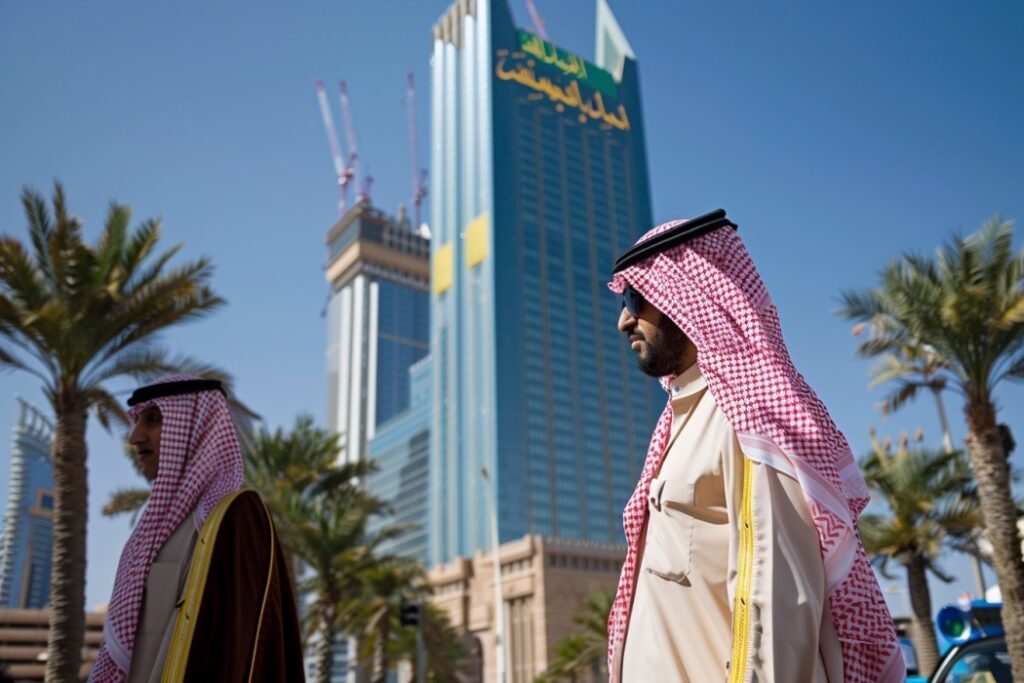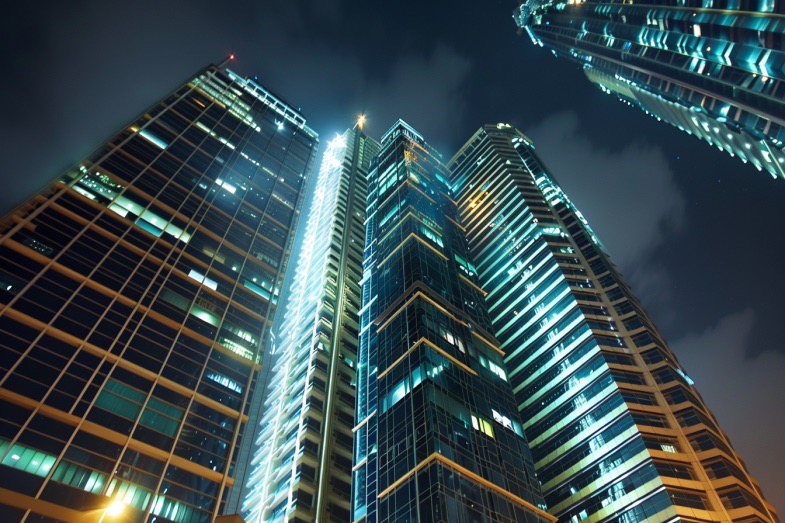Lionel Messi Fans in Hong Kong to Receive Partial Refund for Skipped Friendly
In a surprising turn of events, Lionel Messi’s Hong Kong fans who purchased tickets for a friendly match that he ultimately skipped will now be receiving a 50% refund, as confirmed by the match organizer.
Messi’s last-minute absence from the game in February, citing an injury, left Chinese fans fuming for weeks.
Ticketholders seeking refunds will need to agree not to pursue legal action, as reported by Tatler Asia.
It is estimated that the refunds could amount to as much as HK$56m (£5.6m; $7.1m), according to the publication.
Fans had invested up to HK$4,880 each to witness the 36-year-old Argentine footballer in action, but Messi remained sidelined throughout the match.
A crowd of 38,000 spectators at the packed Hong Kong Stadium expressed their disappointment by booing and demanding refunds at the end of the game.
Tatler Asia revealed that they were only informed of Messi’s absence at halftime and promptly notified the authorities.
Despite efforts from Hong Kong officials to find alternative solutions, Messi went on to play in Japan shortly after, citing a “swollen and painful” groin injury as the reason for his absence in Hong Kong.
These events sparked a wave of conspiracy theories and backlash, with Global Times accusing Messi and his club Inter Miami of having “political motives” to “embarrass” Hong Kong.
Messi vehemently denied these allegations, emphasizing his “special affection” for the people of China.
The fallout from this incident led to the cancellation of two Argentine friendlies scheduled to take place in China that month.
Contrary to the negative reception in Hong Kong, Messi had been warmly welcomed in June of the previous year when Argentina played Australia in a friendly at Beijing’s Worker’s Stadium.
Those seeking refunds will be required to agree to certain conditions, including refraining from legal action against any governing body.
Following criticism of its handling of the situation, the match organizer also withdrew its application for a HK$16m government grant. — BBC



